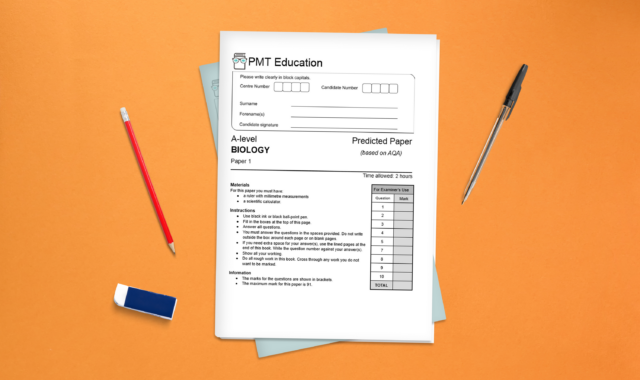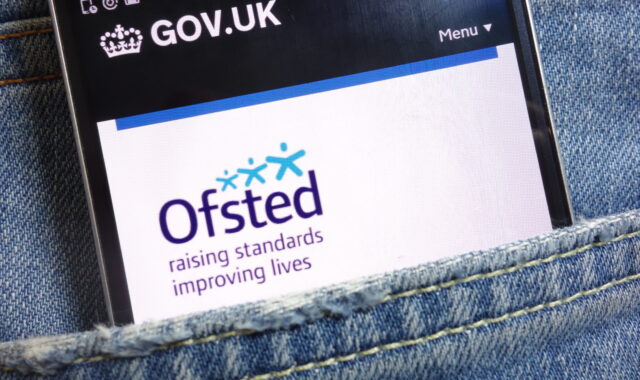Contents:
When I was an NQT, I remember delivering support sessions to those students struggling in my exam classes. It got to the stage where we had eight sessions left. Perfect, I thought. Eight topics to revise. Eight sessions. Works a dream!
I can still recall the increasingly worried looks on my students’ faces. I was ploughing through content, and students were realising quite how much they didn’t know and were becoming rather concerned. Not ideal just a few weeks before the actual exams.
I have since reflected on my approach to revision with students and have refined this over the last few years.
The first thing I feel the need to mention is that revision (in the form of retrieval) is best done early. Retrieval based starters are an extremely powerful way to embed this routine in lessons. Without retrieval, students will forget what we’ve previously taught (and therefore require more revision before exams). If students don’t use their knowledge, they lose it.
Now, this retrieval should be done regardless of whether students are struggling or not. For those that are struggling, I do still provide support sessions but have changed how I approach this.
The way I see it, we have a couple of hundred hours to teach a course. If those hours haven’t enabled the students to learn what we need them to, then an extra dozen or so isn’t going to make a dent in that. What’s more powerful is to give students the tools to improve their knowledge by themselves. My approach to this is comparatively simple and involves two stages.
Stage 1: Initial prioritisation of declarative (factual) knowledge
Now, this stage is achieved by encouraging the students to quiz themselves regularly. I broke our curriculum into a series of “key learning questions” that students absolutely must know to be successful. I then turned these into a series of self-marking google forms so that the students can get immediate feedback on their quizzing (this stage is not necessary but one that I made later on).

Stage 2: Application to questions in the same format as the terminal exams
The second stage is what I implement in support sessions. The focus of support sessions is not to re-teach content but to give students the tools to support themselves.
The format of this is really simple. I open up the Physics & Maths Tutor website on the board and tell the students exactly where I got the resources for the session from. I give them a physical copy of the notes and a question pack for the topic.
I tell the students that we’ll be doing 30 minutes of focused work on the questions, that they can use the notes to help if need be, and that I’ll be circulating around to help during this time.
In doing so, I’ve made it extremely clear what students need to do to revise. By directing them to exactly where they need to go and what they need to do, the process of revision is made comparatively easy for them. And buy-in from students has been high. Students have seen improvements quickly and this is motivating to them, encouraging them to continue with the work. Last year, I reviewed which students attended the support sessions following mocks and almost all students who were in the sessions prior to the mocks no longer needed to attend. Some did anyway, but that’s because they saw the benefit.
It’s really worked for us over the last couple of years, and is pretty workload light from a teaching perspective. If you do give this approach a go, let me know on Twitter @edmunds_dr.







Comments